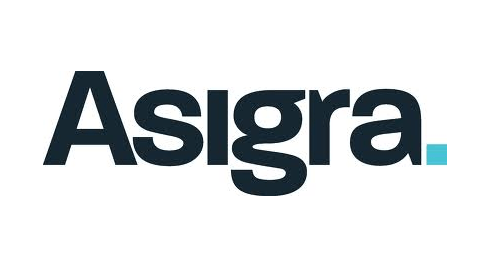New research on cloud adoption has some good news and a little bit if bad.
On the good side, the demand for professional cloud services – essentially offered through a solution provider – is holding strong, according to the latest study on cloud customers from Hampton, N.H.-based Technology Business Research Inc. (TBR).
TBR found that 82 per cent of enterprise-level cloud services customers are adopting cloud in 2014.
However, these same respondents said the level of investment will fluctuate with evolving economic and business conditions, posing greater challenges to cloud services vendors and their channel partners who have specific revenue targets.
The research company surveyed 794 end users of cloud professional services at enterprises across North America, Europe and Asia. TBR asked the respondents about customer adoption cycles, current and expected buying behaviours over the next 12 months.
One of the conclusions from the report is that the opportunity with cloud services lies across service lines, but particularly for advisory and managed services as organizations seek cloud-driven business outcomes and hybrid integration, said TBR cloud analyst Cassandra Mooshian. Enterprise spending and future expectations were bloated and optimistic in TBR’s 2013 iteration of the study, while thus far in 2014, budgets have contracted due to global pressures and the overall maturation of enterprise clouds.
Late adopters caught up in 2013, while in 2014 companies are building on cloud components.
“While public, private and hybrid cloud services drive significant investment in cloud, cloud professional services remains the most adopted cloud service, due to the complexity of environments requiring third-party involvement in the design, implementation and management of customer clouds,” Mooshian said.
Pent-up demand in 2014 from lower spending will result in increased cloud professional services spend in 2015, when end users will be better educated and have more realistic expectations, more accurately forecasting future spend and vendor opportunity. The top concern among cloud customers is security, while hybrid integration is a top driver of adoption.
“Security continues to top the list of concerns related to adoption, managed and orchestration services are becoming increasingly popular as customers realize systems integrators have the expertise to navigate barriers and alleviate concerns regarding cloud adoption,” Mooshian said.
She added that cloud providers with security expertise and the ability to react quickly will succeed in the space, particularly as customers integrate more hybrid capabilities and seek secure management of their cloud environments.





